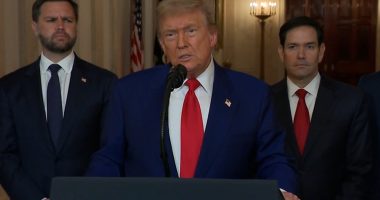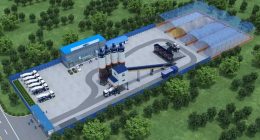Core inflation in Australia has fallen to a better-than-expected 3.2 per cent for the December quarter, boosting hopes of an interest rate cut next month.
Economists had predicted the trimmed mean – the Reserve Bank’s preferred measure of underlying inflation – would come in at 3.3 per cent, while the central bank itself had previously forecast it would be 3.4 per cent.
However, new data from the Australian Bureau of Statistics released today had it at 3.2 per cent, a drop from 3.5 per cent the previous quarter.

“It’s the lowest end of what some of the banks were saying it would be,” 9News chief political editor Charles Croucher said.
“If you are a mortgage holder or a small business owner, this is about as good a set of numbers as you could have asked for.”
Headline inflation also slowed significantly to 2.4 per cent, down from 2.8 per cent in the September quarter and the lowest level since March 2021.
That fall was driven by a drop in housing and transport costs, as well as the federal government’s energy bill relief.
”The 2024-25 Commonwealth Energy Bill Relief Fund rebates led to a large fall in electricity prices this quarter,” ABS head of prices statistics Michelle Marquardt said.
“Electricity prices fell by 9.9 per cent in the December 2024 quarter, following a fall of 17.3 per cent in the September 2024 quarter.
“Without the rebates, electricity prices would have risen 0.2 per cent this quarter.”
Prior to the release of the figures, Australian investors had priced in an 84 per cent chance of a rate cut when the RBA hands down its first decision of the year on February 18.







